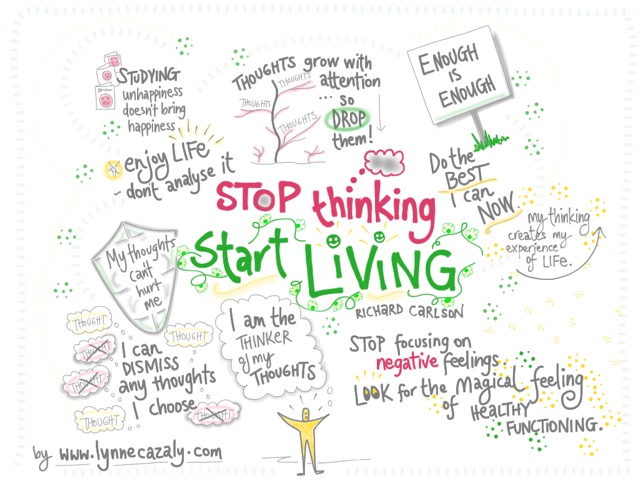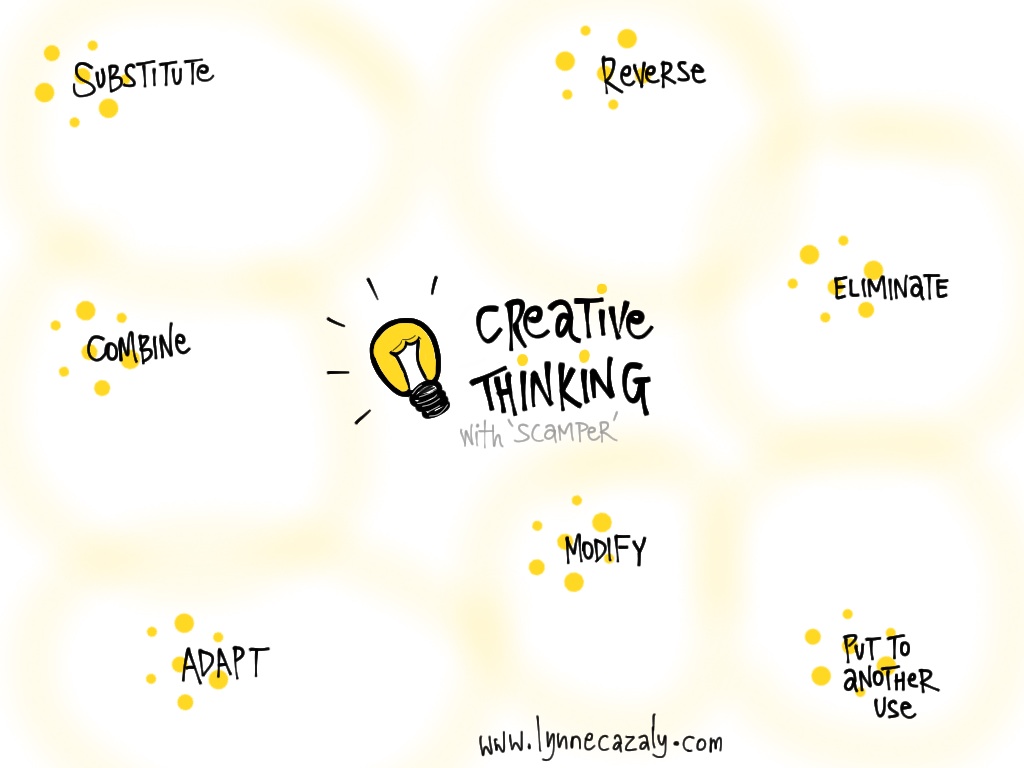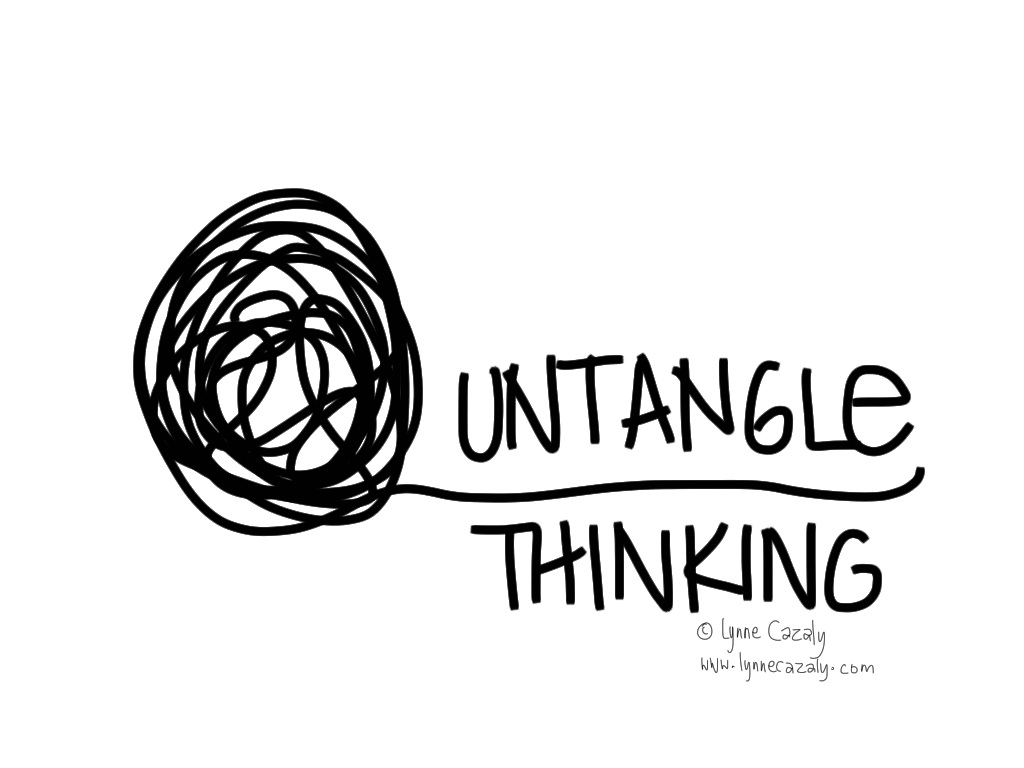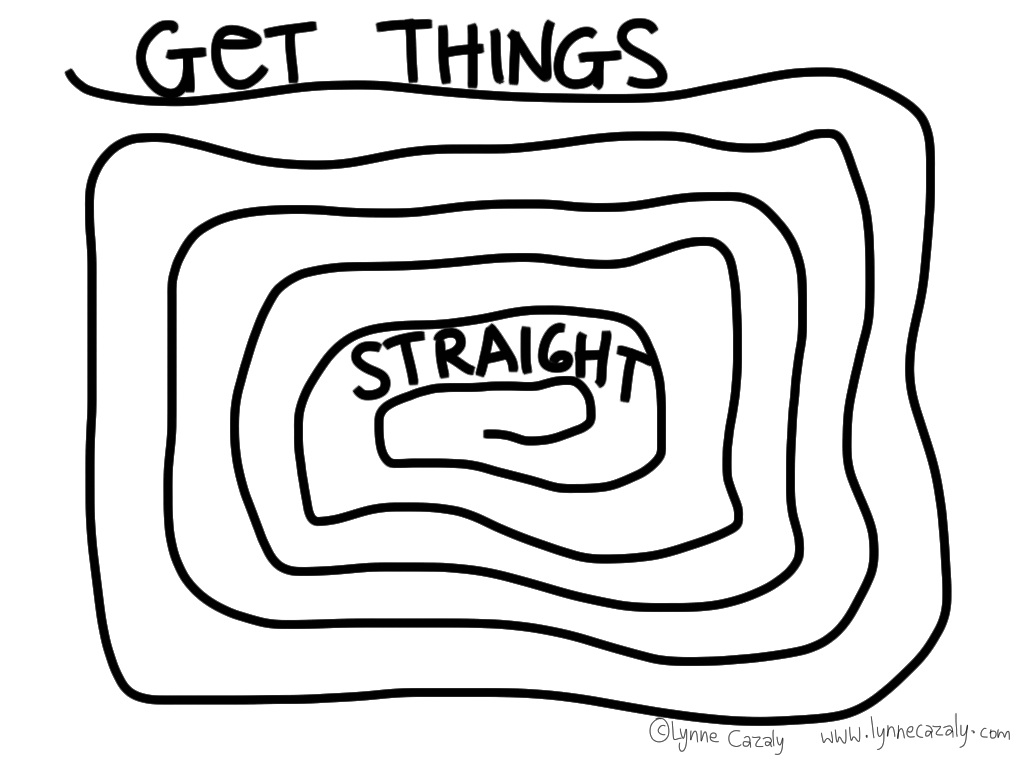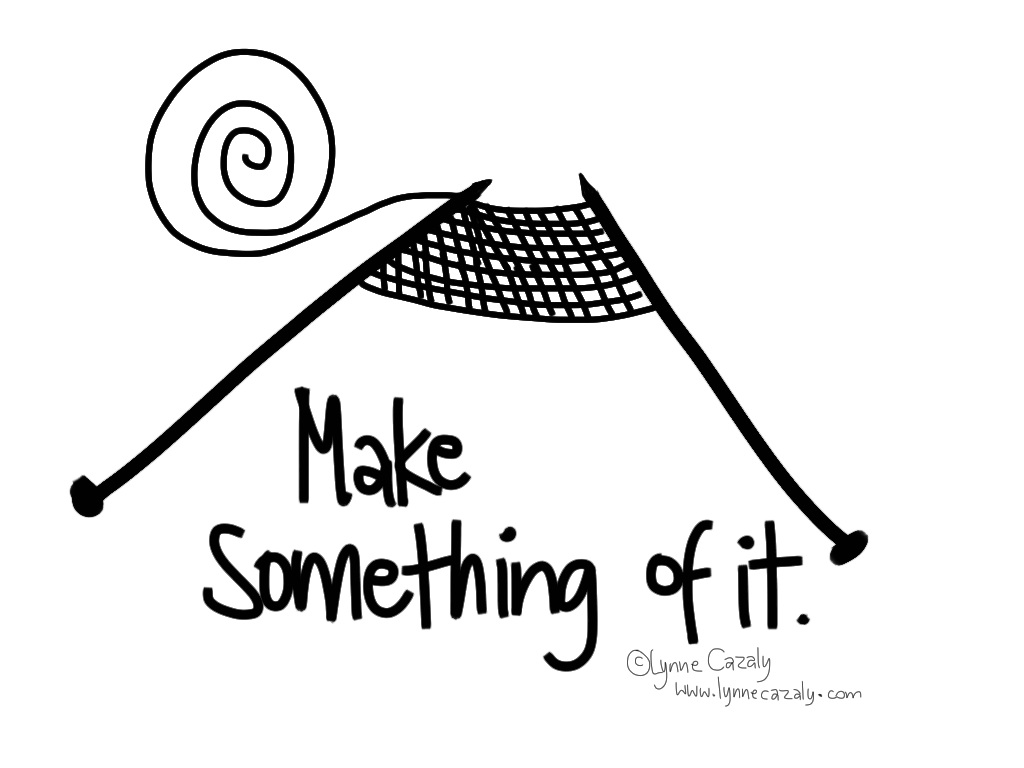Fixed or Agile - Which one are you?
 Tuesday, November 25, 2014 at 7:56AM
Tuesday, November 25, 2014 at 7:56AM 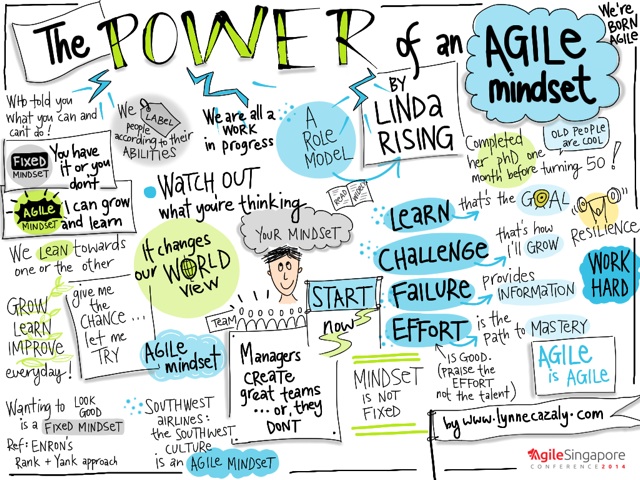 You were born with an agile mindset – a way of thinking that says ‘I can grow and learn and be challenged. I can improve.’ Think crawling, walking, talking, reading, riding a bike. So much to be challenged by.
You were born with an agile mindset – a way of thinking that says ‘I can grow and learn and be challenged. I can improve.’ Think crawling, walking, talking, reading, riding a bike. So much to be challenged by.
But somewhere along the way, you might get derailed and think that you either ‘have it’ in this life or you don’t. (But that my friend is a ‘fixed mindset’.)
Linda Rising presented at the Agile Singapore conference recently and (my visual notes of her keynote above) remind me how her messages about the Agile Mindset were inspiring, relevant and … a tap or slap on the shoulder. There are some vital characteristics that are required to make work work in today's competitive environment.
She asks: 'who told you what you can and can’t do'… and warns us to ‘watch out what you’re thinking’.
An agile mindset is one that is looking for opportunities to grow, learn, experiment and improve. Failure simply gives us some information.
Our mindset need not be fixed; this agility is ideal for the volatile world we live in today.
Our teams, customers, clients and organisations need us to be agile, flexible, adaptive, responsive. It’s through challenge that you grow.
Look at where you might be fixed in your thinking. How might an agile mindset see it differently? What could you experiment with, test out or be challenged by?
Go…. flex, bend, shift and grow. Keep challenging your own view of things.
|
|


















